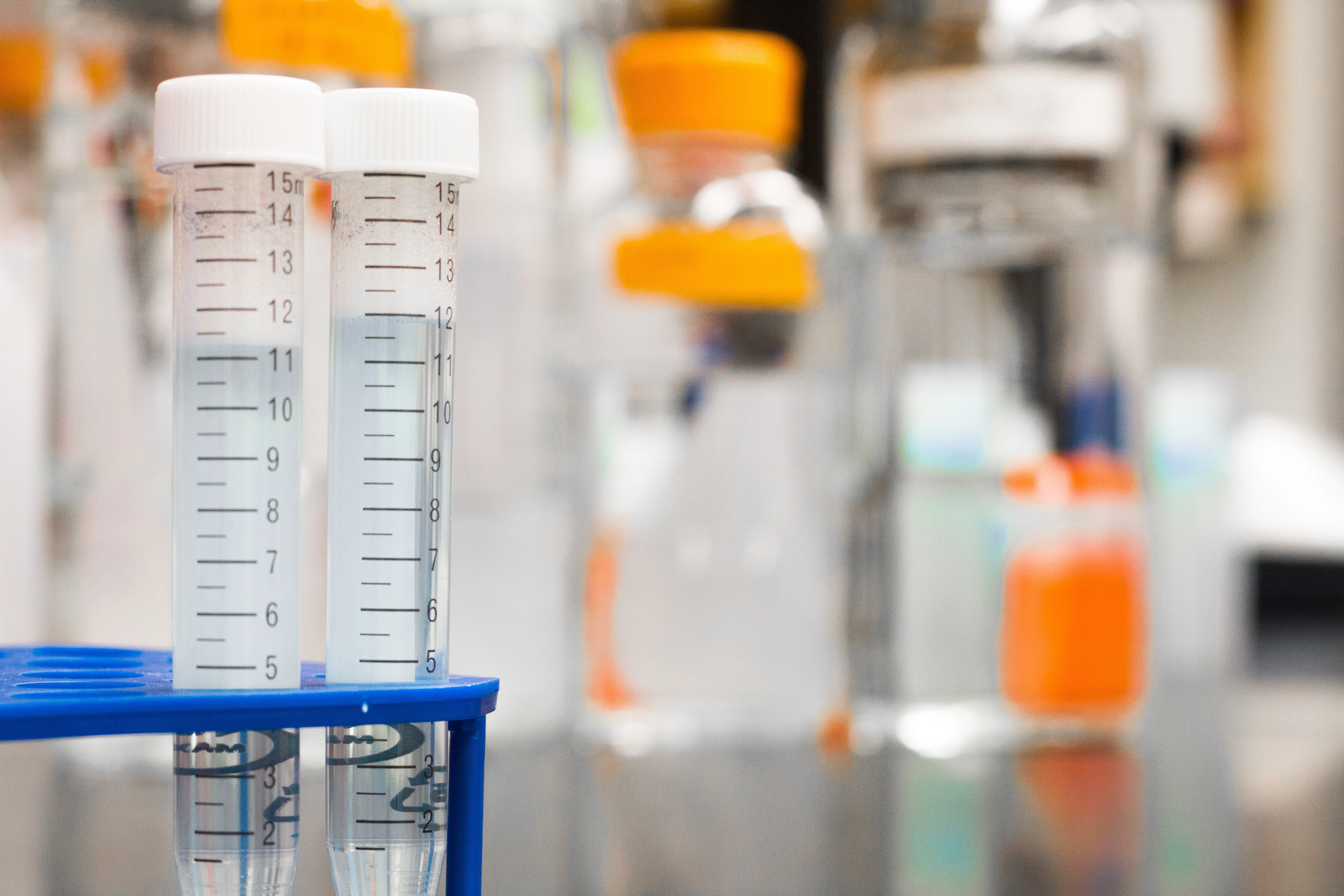
North East Innovation Lab supports Newcastle University study into new Covid-19 test
The North East Innovation Lab has played a key role in a successful study to develop a new biosensor which could be used in Covid-19 diagnostic tests.
The North East Innovation Lab part of Newcastle Hospitals supports new and emerging diagnostics; the next generation of testing technology which will provide rapid identification of health threats, including disease and viruses.
Researchers at Newcastle University have developed a new biosensor a device that measures chemicals or biological molecules, like proteins or antibodies to detect Covid-19.
The diagnostic test is more accurate than a lateral flow test and faster than a PCR test, as it doesn’t require the technical equipment necessary to process the results in a lab. The study utilised Covid samples from the innovation lab’s biobank, which is a unique storage facility holding thousands of respiratory samples, alongside blood and saliva.
Dr Donna Nile, senior scientist and biobank manager, said, “we’re delighted that our biobank has played a pivotal role in supporting this study. The biobank is a vital repository to enable our evaluation and validation work in the lab and to support wider industry in ‘testing the tests’.
“Importantly, each sample in the biobank has detailed meta data attached, allowing for the careful selection of samples according to our clients’ needs. Additionally, bespoke, project- specific samples can be collected to fit with the requests of clients.”
Based in the Newcastle Helix life sciences quarter, the lab team works with UK and international clients, including university spinouts and large corporations, to accelerate the advancement and use of the most innovative diagnostics for health threats and disease including respiratory illness, sepsis and cancer.
The technologies are at various stages of development, from early concepts through to devices that are market-ready.
Lead author, Dr Marloes Peeters, senior lecturer at Newcastle University’s School of Engineering, said, “we developed a new type of Covid-19 test which has many advantages over current lateral flow tests. For example, lateral flow tests use biological antibodies to trap and detect the Covid-19 virus, whereas we use a synthetic alternative.
“The different material allows for a test which is as fast 15 mins, and cheap as a lateral flow test but can detect 6000-times smaller amounts of the Covid-19 virus. Consequently, this will improve test accuracy, particularly for asymptomatic or pre-symptomatic individuals.”
Looking to promote your product/service to SME businesses in your region? Find out how Bdaily can help →
Enjoy the read? Get Bdaily delivered.
Sign up to receive our daily bulletin, sent to your inbox, for free.








 Why community-based care is key to NHS' future
Why community-based care is key to NHS' future
 Culture, confidence and creativity in the North East
Culture, confidence and creativity in the North East
 Putting in the groundwork to boost skills
Putting in the groundwork to boost skills
 £100,000 milestone drives forward STEM work
£100,000 milestone drives forward STEM work
 Restoring confidence for the economic road ahead
Restoring confidence for the economic road ahead
 Ready to scale? Buy-and-build offers opportunity
Ready to scale? Buy-and-build offers opportunity
 When will our regional economy grow?
When will our regional economy grow?
 Creating a thriving North East construction sector
Creating a thriving North East construction sector
 Why investors are still backing the North East
Why investors are still backing the North East
 Time to stop risking Britain’s family businesses
Time to stop risking Britain’s family businesses
 A year of growth, collaboration and impact
A year of growth, collaboration and impact
 2000 reasons for North East business positivity
2000 reasons for North East business positivity